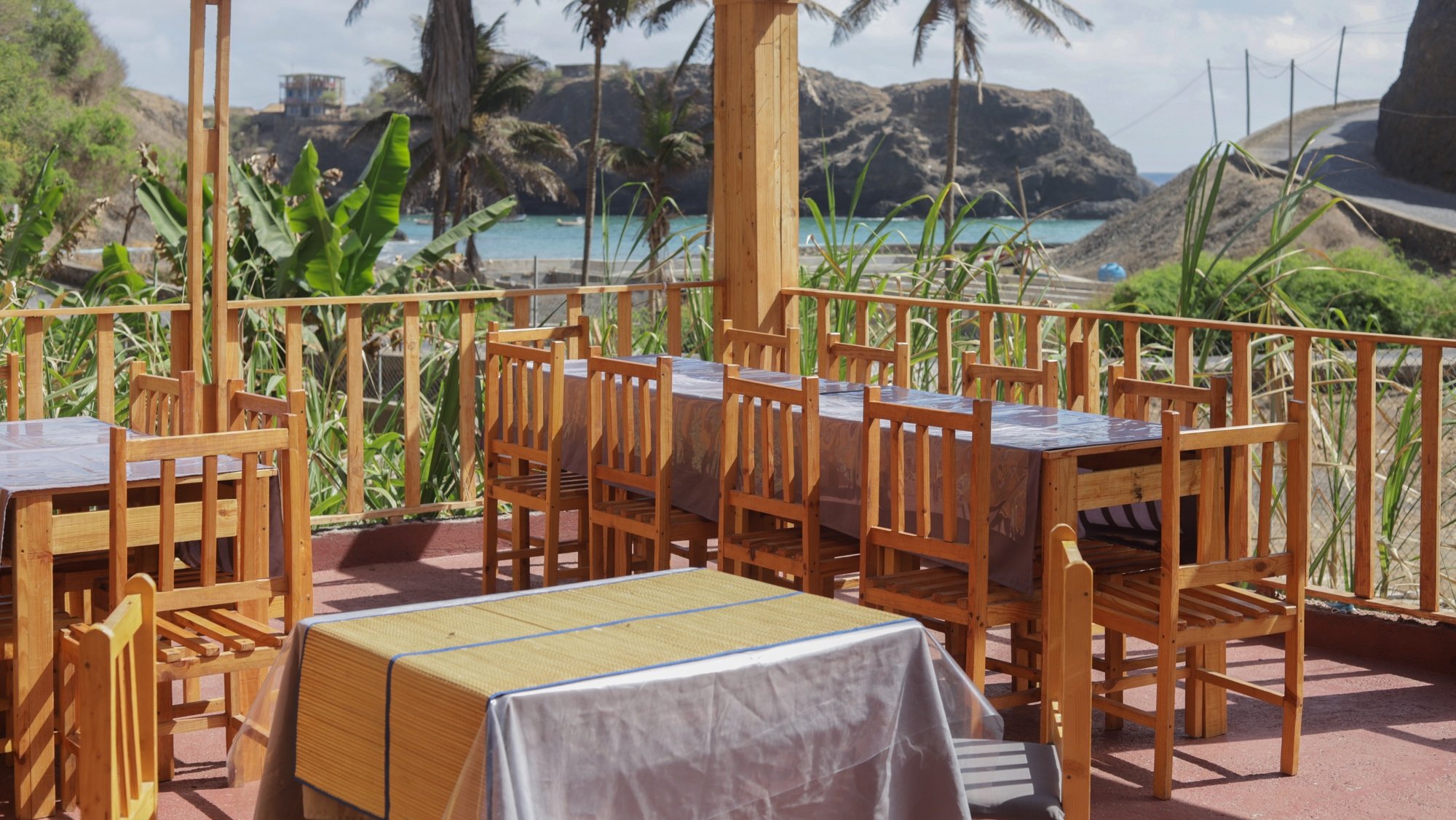The World Bank will finance with US$30 million the resilient development of tourism and the Cape Verdean blue economy, a project that aims to improve the quality of supply in several islands in five years, the institution announced.
According to information from the World Bank, this credit, equivalent to 28 million euros, was approved this Tuesday and it will be granted to Cape Verde through the International Development Association —an organization of that group that grants interest-free loans and subsidies to the most needy countries— with “a complementary co-financing of five million dollars”, through a grant of the Global Program for the Blue Economy Multi-Donor Trust Fund.
It adds that the project aims to “contribute to critical objectives, namely the sustainable improvement of the diversity of the tourism sector offer in more islands and market segments”, as well as “allowing greater participation and connection of local communities in the economic dividends that come from tourism.
In this first phase, the integrated and transversal interventions of the project will cover destinations in the islands of Santiago, Santo Antão, São Vicente and Sal, including the development of “resilient tourism and blue economy” infrastructuresas the improvement of hikingrestoration of historical and cultural heritage, promenades, fishing pier and market or accessibility.
It provides support to the local small and medium-sized business sector and women-led businesses “in the provision of sustainable services and products, oriented to the current demand of the tourism value chain”, taking advantage in particular of the potential associated with the blue economy in Cape Verde.
It also implies support “for a framework of conducive and facilitating public policies (including the international marketing of the Cabo Verde destination)”, as well as “the reinforcement of the associated territorial planning, the improvement of the compilation of tourist statistics, the reinforcement of the sustainability and the management of tourist sites and services”, among other measures.
As the authorities pursue the goal of building back better (“build back better“), creates a real opportunity to meet these challenges. In this context, the proposed project supports the national vision and strategies, namely the Operational Tourism Program and the National Investment Plan for the Blue Economy, to promote sustainable tourism and the conservation of natural resources with benefits for the local communities,” he explains. World Bank, on this financing granted to Cape Verde.
The institution, which in April approved another financing to Cape Verde, of 26 million dollars (24.3 million euros), for the human capital project, recalls that tourism in the archipelago “has registered exceptional growth in the last two decades and is a crucial engine of growth and job creation.” about 25% of the Gross Domestic Product (GDP).
“However, the Covid-19 pandemic has represented a major setback, with arrivals plummeting by around 75 per cent in 2020, particularly affecting tourism and ancillary sectors. In addition to the unprecedented economic impact, the pandemic has also highlighted the sector’s structural challenges, including excessive concentration of arrivals on two islands and a single market segment, weak links with local supply chains and environmental sustainability issues, in particular. coastal areas”, stresses the institution.
Cape Verde is facing a deep economic and financial crisis, due to the sharp drop in tourist demand since March 2020, due to the Covid-19 pandemic.
In 2020 it registered a historic economic recession, equivalent to 14.8% of GDP, followed by 7% growth in 2021.
According to prior information from the institution, the World Bank is “one of Cape Verde’s strategic development partners.” In the first quarter of this year, there were 11 projects underway in the country, in the areas of tourism, education and skills development, transportation, social inclusion, energy, digital economy, health, business sector and access to financing for micro and small businesses, for an amount of 223 million dollars (203 million euros).
Source: Observadora
